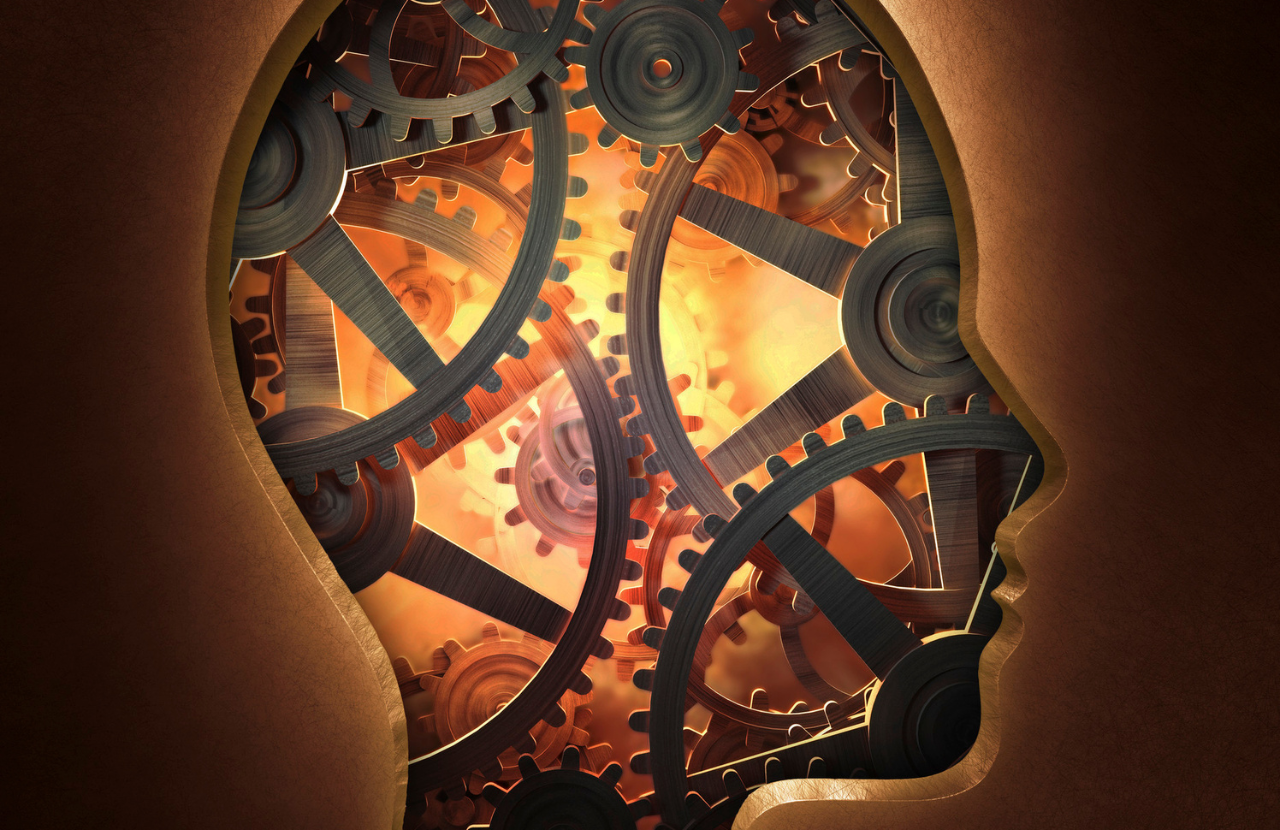Eisenhower’s rule, Pareto’s 80/20 principle, and Daniel Kahneman's Thinking, Fast and Slow encourage us to think differently about how we approach life and decision-making. Einstein’s relativity theory shows how our perceptions of time and reality shape who we are. These ideas challenge us to rethink our behaviors, perceptions, and the way we interact with the world.
This week I was suddenly touched to my heart by a remark I heard on television. It was about the remark: "Hurry when you have time, because then you have time left when you are in a hurry." This comment immediately made me think of all the time I had abused as a teacher in adult education to give lessons in time management. I still remember the good tips I was allowed to hand out in those days. Consider, for example, the eighty-twenty rule, "the law of the Italian economist Vilfredo Pareto (1848-1923)." Or the story about the American president and former army commander in the Second World War: "Eisenhower (1890-1969)", the so-called law that there are always nonsensical things on our to-do list, which you can actually "just" let happen, because no one will ever crow about it anyway.
These ideas challenge us to rethink our behaviors, perceptions, and the way we interact with the world.
Do you ever have time to spare?
As a gifted person, I should always have a lot of time on my hands, because my thinking about the things I understand should be much faster than the average person. Time to spare, what a luxury I hear you say. You don't recognize that in yourself at all, if only you had more time at your disposal. Another wise remark about time is: "Time is relative". Sometimes you think you spend a lot of time solving something, but when you hear someone else say that the assignment was "a piece of cake" for him or her, you scratch your head again. Albert Einstein (1879-1955) once invented the theory of relativity for a reason. However, German-Swiss-
Picture: Praxis42
American theoretical physicist of Jewish descent argues that gravity is the way in which mass warps space and time, the greater the mass, the more it warps things. In simple words, Einstein said here: "that planets bend space and time like a bowling ball bends a trampoline."
Can you say that everything is relative?
Somewhere in the back of my mind I remember a time when the cry "everything is relative" was very popular among the world's population. Suddenly everyone shouted this cry when it suited him or her. With this, people thought they could talk their way out of everything, no one suddenly felt responsible for his or her actions anymore. Many people were "at a loss for words", and stopped giving counterarguments, everything had to be possible. Does "liberalism" come from this? The people in the world, or in certain countries, in my opinion, grew apart. I still remember the sessions in the classes where a group of about thirty students had to look after a balloon together and then be allowed to tell independently of each other what they had seen.
Was that Vase really that different?
Of course, as "usual", many of these people repeat each other, but there were differences. The exercise was intended to explain that we humans are all different from each other. We all look, feel and hear differently. So understanding each other completely from our own point of view will unfortunately never work, was the conclusion at the time. "Hurry when you have time, because you have time when you're in a hurry." But what is rushing, and what is time?" What gear are you working in today? Is the interest you have in a certain subject or object also important? Do you still recognize those moments as a child when you had to do things, but you tried to postpone these things as long as possible?
Is postponement always cancellation?
Another great question: "Is postponement always cancellation?" as I wrote earlier, Dwight Eisenhower could understand this remark, and let's be honest, it is often the case. If you adjust something, and there is no one around you who ever reminds you of it, it's easy to just forget about it, right? And have you ever thought about the consequences afterwards, for you and or someone else? A well-known author: Daniel Kahneman (1934-2024) this Israeli-American Psychologist has written a lot about us humans. A well-known work by this writer is the book "Our fallible thinking." (2011) Well, we can sometimes think differently than we had thought beforehand, or our perception can sometimes fool us, after all, we only know something when we know it exists!
Does everything we can think of exist?
We often live in dream images, or the perception we get from something. The source of this is often things that we have already experienced or recognize as such. Our thoughts then elaborate on this, and if no one else interferes with our thoughts with his or her thoughts, and proves us "wrong", then that is our truth. We think that our world is getting bigger and bigger, but in reality it only grows in our heads. In 1984 the group Dire Straits released the song Brothers in arms. The following lines appear in this song:" There's so many different worlds. So many different suns. And we have just one world. But we live in different ones. And so it came to pass, in our eyes we still live in the same world, and in the same time, and we still hurry when we feel we have little time, and not when we are well into our time.












